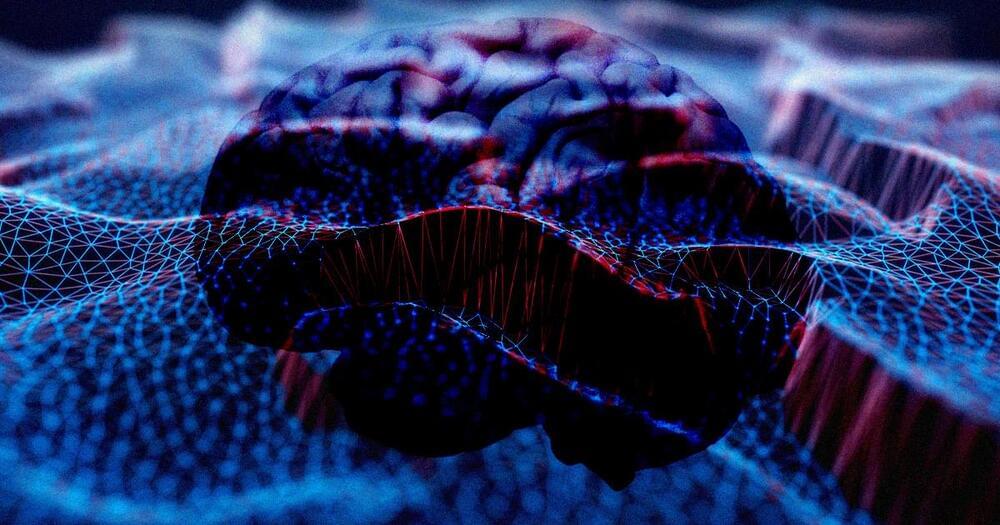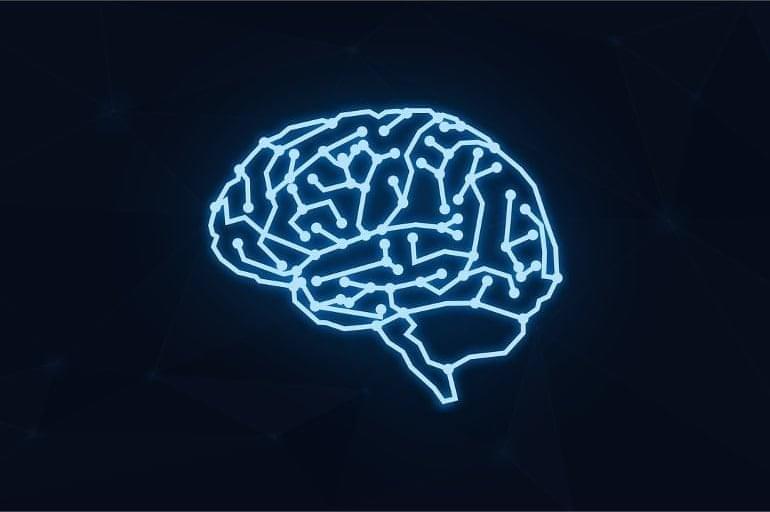Until recently, physicists widely believed that it was impossible to compress light below the so-called diffraction limit, except when utilizing metal nanoparticles, which also absorb light. As a result, it seemed to be impossible to compress light strongly in dielectric materials like silicon, which are essential for information technologies and had the significant advantage of not absorbing light. Interestingly, it was theoretically shown that the diffraction limit does not apply to dielectrics back in 2006. However, no one has been able to demonstrate this in the actual world due to the fact that it requires such complex nanotechnology that no one has yet been able to create the required dielectric nanostructures.
A research team from the Technical University of Denmark has created a device known as a “dielectric nanocavity” that successfully concentrates light in a volume 12 times smaller than the diffraction limit. The finding is groundbreaking in optical research and was recently published in the journal Nature Communications.
Nature Communications is a peer-reviewed, open access, multidisciplinary, scientific journal published by Nature Research. It covers the natural sciences, including physics, biology, chemistry, medicine, and earth sciences. It began publishing in 2010 and has editorial offices in London, Berlin, New York City, and Shanghai.









